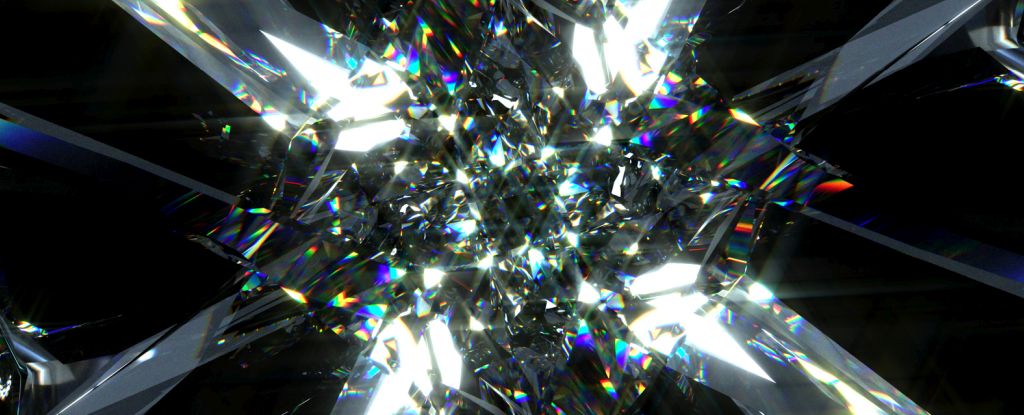
Of all the eccentricities of the quantum realm, time crystals—atomic arrangements that repeat certain motions over time—might be some of the weirdest.

Scientists are on the trail of a mysterious five-particle structure that could challenge one of the biggest theories in physics: string theory.

Time, not space plus time, might be the single fundamental property in which all physical phenomena occur, according to a new theory by a University of Alaska Fairbanks scientist.

Physicists from Germany, Switzerland, and Australia have now placed new restrictions on where one example of a 'fifth' force may be hiding in the hearts of atoms, exchanging whispers between electrons and neutrons.
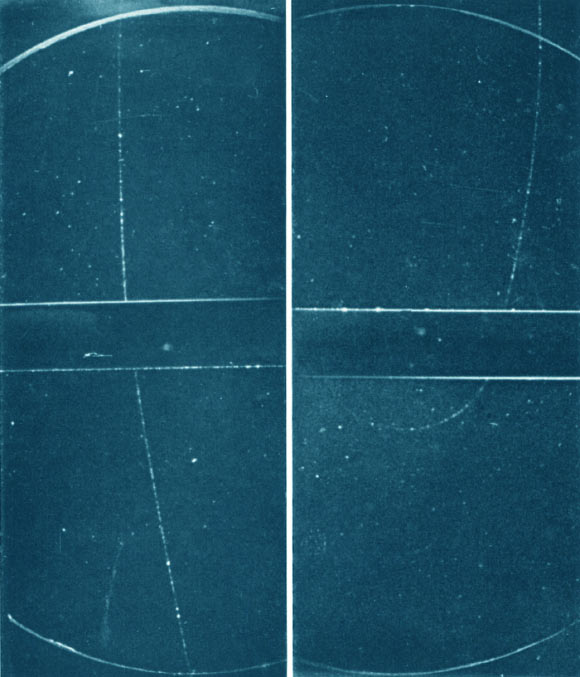
Physicists from the Muon g-2 experiment have released their third measurement of the muon magnetic anomaly.
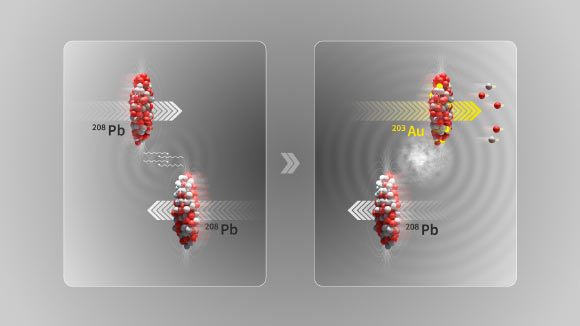
Near-miss collisions between high-energy lead nuclei at CERN's Large Hadron Collider generate intense electromagnetic fields that can knock out protons and transform lead into fleeting quantities of gold nuclei.

"Half ice, half fire" is notable not only because it has never been observed before, but also because it is able to drive extremely sharp switching between phases in the material at a reasonable, finite temperature.

Atomic nuclei may be more complex than we thought, and may have implications for our understanding of the formation of heavy elements.
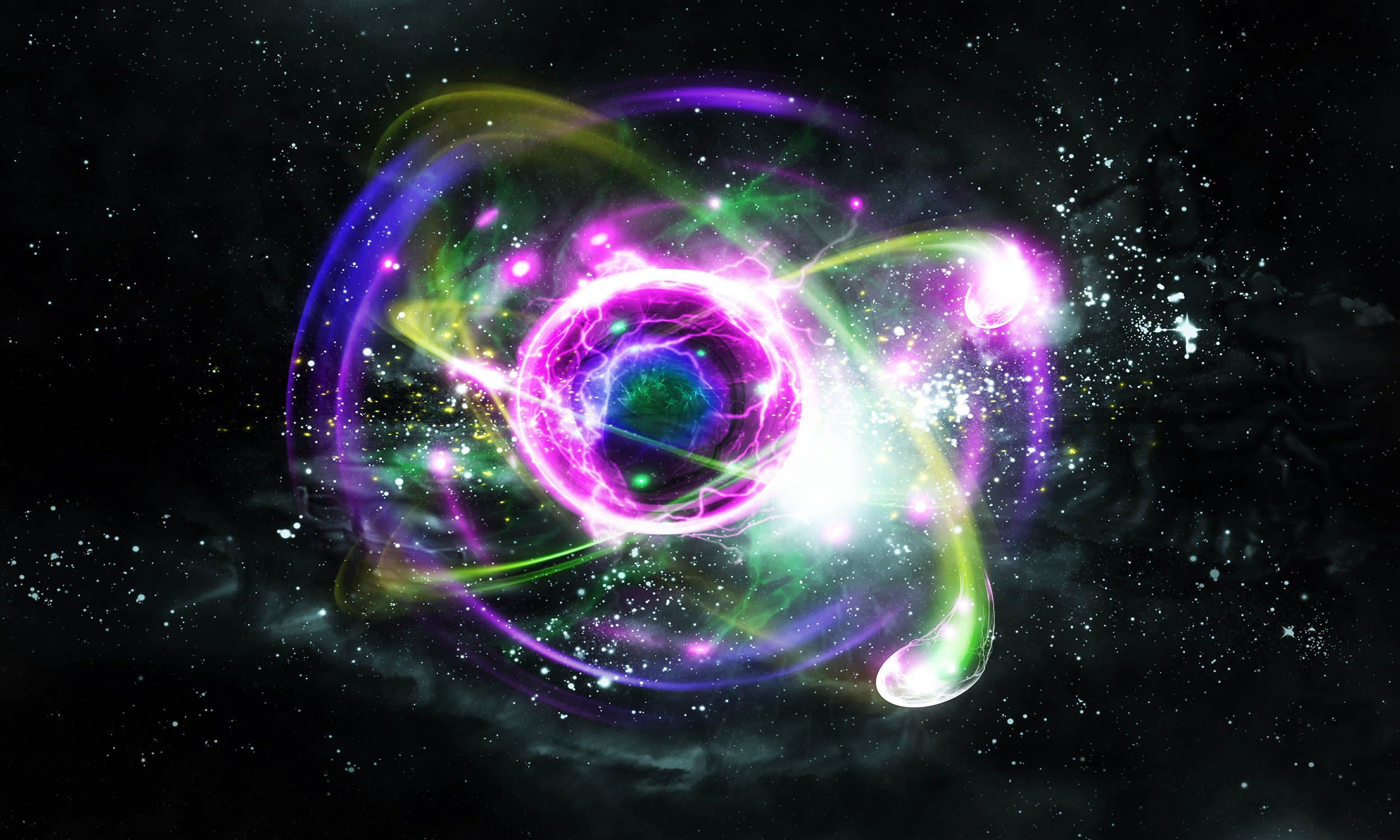
For the first time, researchers observed a type of quasiparticle that behaves in an unusual way. It only has mass moving in one direction.
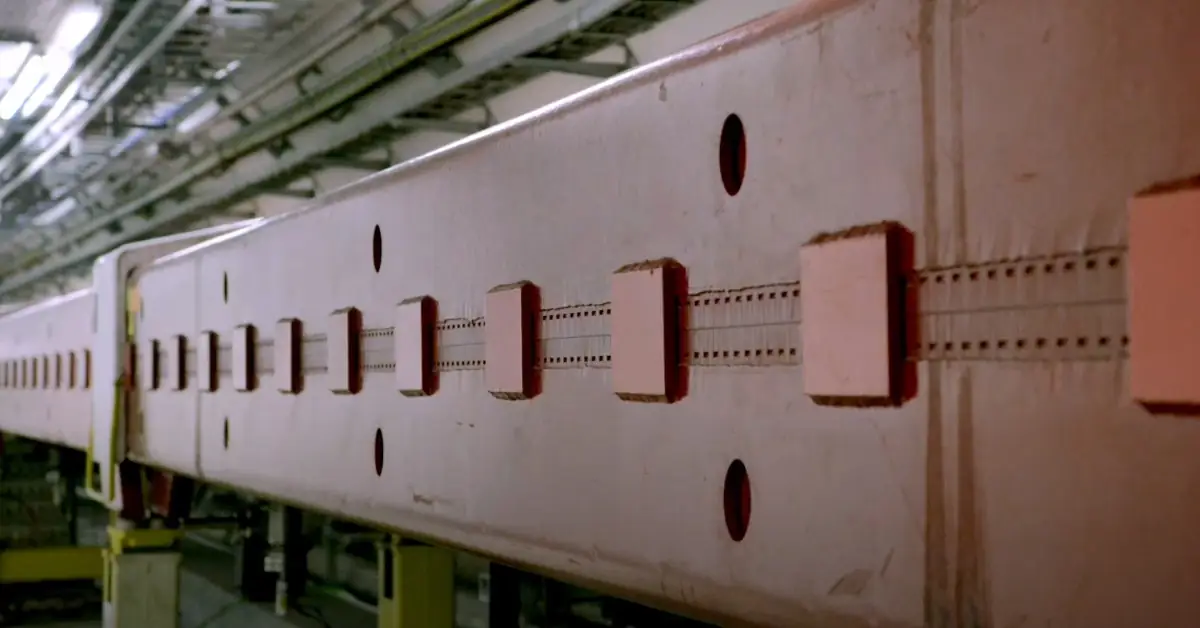
This discovery may shed light on new physics, taking us closer to breakthroughs in particle interactions beyond the Standard Model.

But according to a philosopher of language and mathematics, we might have been interpreting Newton's precise wording of his first law of motion slightly wrong all along.

A few years ago physics student Germain Tobar, from the University of Queensland in Australia, worked out how to "square the numbers" to make time travel viable without the paradoxes.

Scientists in Utah have detected the second-most energetic cosmic ray ever seen. The powerful particle rivals the highest-energy cosmic ray on record, called the Oh-My-God particle, which was spotted in 1991.

An international team of researchers has developed a new theoretical framework that bridges physics and biology to provide a unified approach for understanding how complexity and evolution emerge in nature.

The extraordinary material has set a new record for exhibiting magnetoresistance at room temperature.